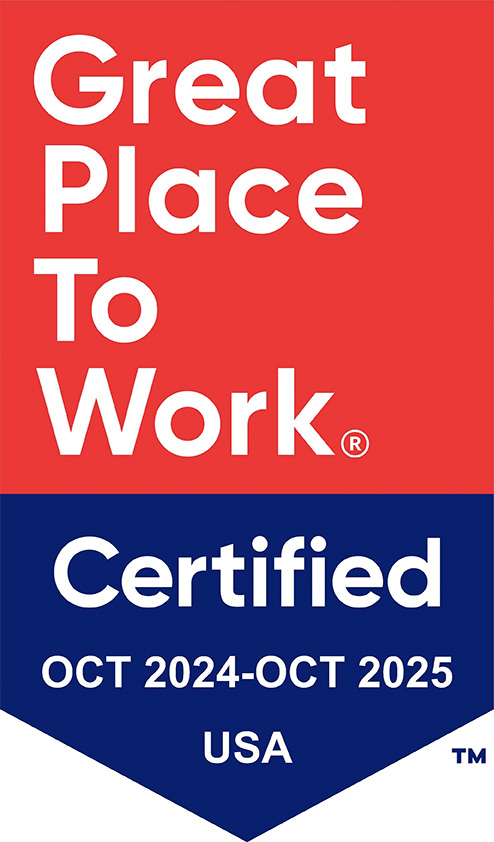Community Hospice, Senior Services Joint Venture Embraces PACE
By: Jim Parker, Hospice News
Florida-based Community Hospice & Palliative Care is opening a Program for All-Inclusive Care of the Elderly (PACE) center in Jacksonville in a joint venture with Aging True Community Senior Services. The joint venture is known as PACE Partners of Northeast Florida. The center is the first of its kind in northern Florida and the fifth such program in the state.
PACE programs represent a comprehensive approach to care for participants who meet certain eligibility criteria, generally those who have significant medical and non-medical needs to help them age in place and avoid hospitalizations or nursing facilities.
PACE progam staff assess each patient upon admission and develop a care plan. Services available at the joint venture’s center will include primary care from a physician, social work and nursing support, occupational and other therapies, as well as homemaking, transportation, home modification and other services.
“Besides the fact that it’s such a good service, [PACE] is a program that nationwide has had a great deal of success managing risk. When you become a PACE provider, you are managing and paying for everything that patient needs,” Community Hospice and Palliative Care CEO Susan Ponder Stansel told Hospice News. “With the [Primary Care First] Serious Illness Population payment model, I think that is going to be a skill that we all need. PACE has a track record nationally and really good tools and techniques of how to manage risk. So we felt it was a very safe place to start for us to learn how to manage risk for patients.”
The U.S. Centers for Medicare & Medicaid Services (CMS) announced the Serious Illness Population payment model in April 2019 as part of its Primary Care First initiative. Eligible providers can choose to participate in one or both of two payment options under the program: A general payment option and a Seriously Ill Population payment option designed to serve patients with complex, chronic needs, through which providers focused on caring for that population would receive increased payments.
The agency plans to implement the models in phases beginning in January 2021, initially in 26 regions throughout the United States.
Hospices nationwide have been diversifying their services in recent years to capitalize on value-based payment models and to establish relationships with patients further upstream in the course of their illnesses. An increasing number of hospice providers are offering PACE, home-based primary care, and palliative care, among others.
“[Value-based models] really was one of the reasons we were interested in PACE, because managing a patient with primary care and being able to coordinate a plan to help maintain people at their maximum level of wellness is going to be such an important part of what post-acute providers are going to be asked to do in the next decade,” Ponder Stansel said. “Looking at some of the value-based purchasing that is developing, the more tools we have in our toolbox to help manage patients along the continuum will position us very well compared to those who stay solely in the hospice space. A lot of these alternative payment models are focusing on what happens two years before hospice.”
